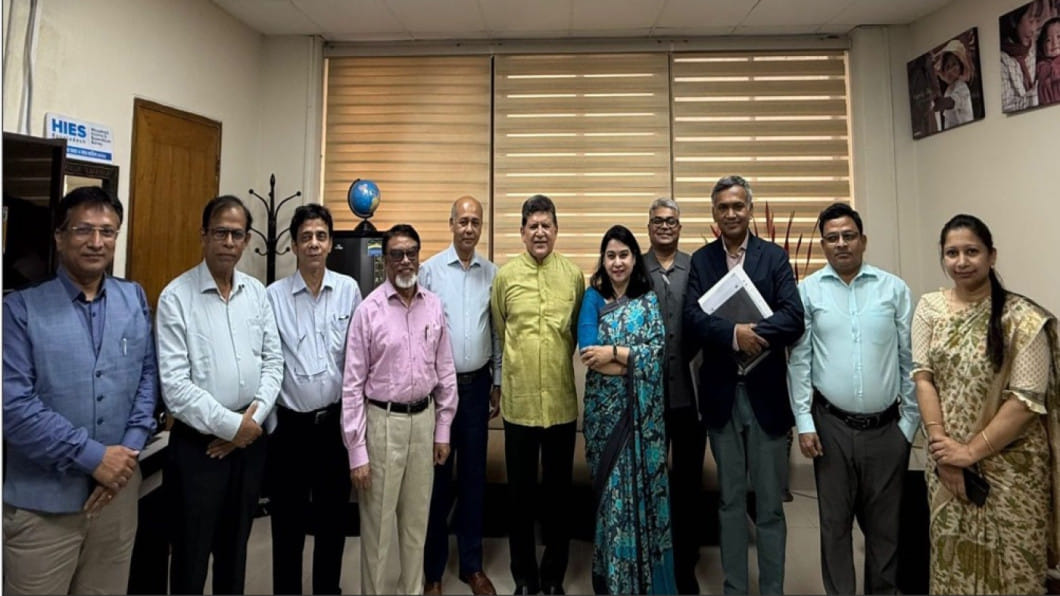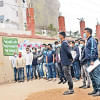Taskforce’s second meeting held to boost credibility of BBS data

A government-formed taskforce aimed at strengthening data quality, transparency, and accessibility at the Bangladesh Bureau of Statistics (BBS) held its second working meeting yesterday at the BBS headquarters in Dhaka.
The taskforce is chaired by Hossain Zillur Rahman, executive chairman of the Power and Participation Research Centre, and includes Mohammad Abdul Wazed, former director general of BBS; Fahmida Khatun, executive director of the Centre for Policy Dialogue (CPD); Mohammad Abdur Razzaque, chairman of RAPID; Syed Shahadat Hossain, president of the Bangladesh Statistical Association; Mohammad Mainul Islam and Atonu Rabbani, professors of the departments of population sciences and economics at the University of Dhaka; and Mohammad Yunus, research director at the Bangladesh Institute of Development Studies.
The taskforce is working to develop a reform blueprint to enhance the credibility, openness, and institutional robustness of Bangladesh's national statistical system, according to a press release.
Senior government officials, including the secretary of the Statistics and Informatics Division, the director general of BBS, and other relevant stakeholders attended the meeting.
As part of its initiation, the taskforce previously met with Wahiduddin Mahmud, planning adviser, in a courtesy call to discuss the scope and strategic direction of its mandate.
Insights from these engagements will inform a comprehensive reform blueprint, to be submitted to the planning adviser within the stipulated 90-day timeline.
"We will organise stakeholder consultations to ensure an inclusive, grounded, and forward-looking reform process. Engaging diverse voices—from academia to grassroots NGOs—will be key to developing a statistical system that is both credible and responsive to national needs," Hossain Zillur Rahman said.
As Bangladesh moves toward more data-informed governance, the work of the taskforce reflects a renewed national commitment to modernising the statistical infrastructure and reinforcing public trust in official data.

 For all latest news, follow The Daily Star's Google News channel.
For all latest news, follow The Daily Star's Google News channel. 








Comments